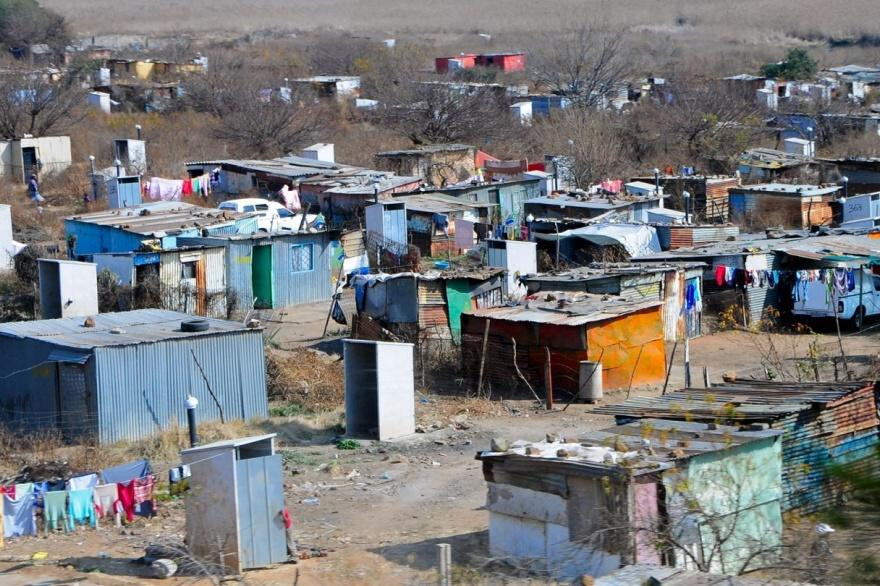
Recently, the Economic Commission for Latin America and the Caribbean (CEPAL) released a report on multidimensional poverty in the region, including Paraguay, from 2008 to 2022. This report serves as a crucial indicator for understanding the status and trends of multidimensional poverty in Paraguay, illustrating the complex challenges across society in addition to traditional monetary poverty measurements.
Although final figures may vary due to different methodologies, various regional indicators commonly show that the reduction trend of multidimensional poverty in Paraguay is slow and that the country remains in the lower ranks within the region. This suggests that more proactive efforts are needed to improve the quality of life in Paraguay.
The Multidimensional Poverty Index (MPI) is calculated through a complex decision-making process involving multiple variables and the weighting of each variable. These decisions must be based on various statistical considerations, including the availability of time-series data, as well as the rigor, utility, analytical suitability, and explanatory power of the indicators.
Therefore, results can vary significantly depending on how the index is constructed, and it is necessary to carefully examine the content and construction process of the index. However, regardless of the specific results of the index, characteristics such as poverty trends over time or relative rankings between countries tend to be consistent. For example, Uruguay, Argentina, and Costa Rica generally rank high in health or social protection indicators.
In the United Nations Development Programme (UNDP)'s Global Multidimensional Poverty Index (2022, including 13 regional countries), Paraguay ranked better than Honduras, Guatemala, Bolivia, El Salvador, Peru, and Mexico.
In the World Bank's similar index (including 17 countries), Paraguay showed a higher ranking than the Dominican Republic, Honduras, Guatemala, Bolivia, El Salvador, Nicaragua, Peru, Ecuador, and Colombia. In these indicators, Argentina, Costa Rica, Chile, and Uruguay were in the top tier with low rates of multidimensional poverty. Overall, Paraguay does not reach these leading groups and is only somewhat better off than some Central and South American countries.
The recent CEPAL multidimensional poverty index for 17 countries comprehensively considers 12 dimensions, including housing quality, overcrowding, internet access, water, sanitation, health insurance, literacy rate, educational attainment, school absenteeism or grade repetition, quality of employment, and pensions.
This index also shows a positive trend of decreasing multidimensional poverty in Paraguay from 2008 to 2022, but the pace is very slow, keeping it in the lower ranks along with Honduras, El Salvador, and Bolivia. The gap with the top four countries – Argentina, Costa Rica, Chile, and Uruguay – remains significant.
The CEPAL report is highly significant as it provides detailed explanations of the measurement criteria and each variable, as well as an in-depth analysis of existing multidimensional poverty indices for the region and individual countries, including Paraguay.
More importantly, it raises awareness about the unacceptable level of persistent multidimensional poverty in Paraguay, despite its economic success. This underscores that, along with monetary poverty, it is an urgent issue that Paraguay must address.
[Copyright (c) Global Economic Times. All Rights Reserved.]






























